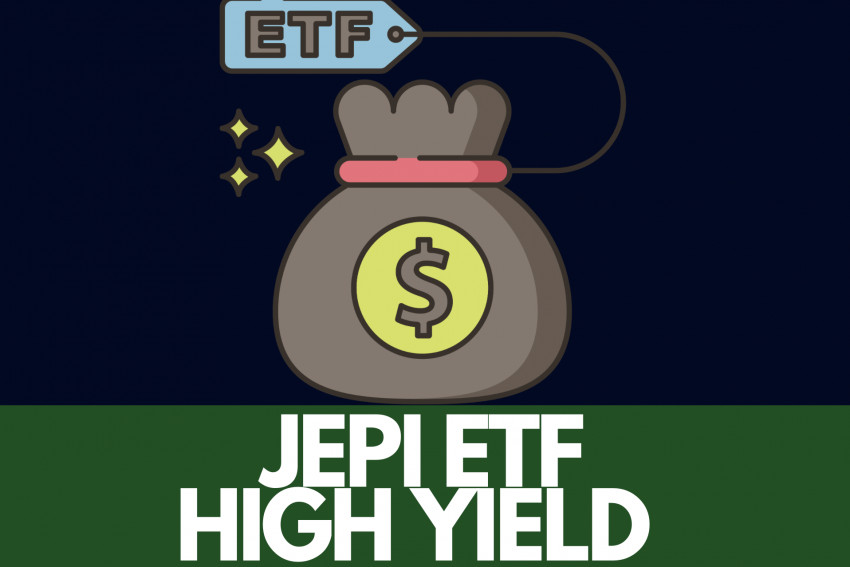The world of Exchange Traded Funds (ETFs) offers a myriad of opportunities for investors seeking to diversify their portfolios, and one such opportunity is the JPMorgan Equity Premium Income ETF (JEPI). This ETF, managed by one of the world’s leading financial services firms, JPMorgan Chase & Co., provides a unique blend of income and growth potential.
What is JEPI?
JEPI is an actively managed ETF that seeks to provide investors with consistent income through the use of a covered call strategy. This strategy involves owning or buying stocks and then selling call options that correspond to those stocks. It aims to generate income from the premiums received from selling the call options.
Benefits of Investing in JEPI
One of the primary benefits of investing in JEPI is the potential for consistent income. The fund’s covered call strategy is designed to generate income regardless of market conditions, making it an attractive option for income-focused investors.
Another benefit of JEPI is its diversification. The fund invests in a broad range of sectors, with its largest exposures being in Financials, Health Care, Consumer Staples, Industrials, and Information Technology. This diversification can help to reduce risk and smooth out returns.
Potential Drawbacks of Investing in JEPI
While JEPI offers several benefits, it’s also important to be aware of the potential drawbacks. One of these is the risk associated with the covered call strategy. While this strategy can generate income, it can also limit the fund’s upside potential. If the stocks in the fund’s portfolio rise in price, the fund may not fully benefit from this increase because it has sold call options on these stocks.
Another potential drawback is the fund’s expense ratio. While JEPI’s expense ratio of 0.35% is relatively low compared to other actively managed funds, it’s still higher than many passively managed ETFs. This means that the fund needs to outperform its benchmark by at least the amount of its expense ratio to justify its higher cost.
JEPI’s Holdings and Dividend History
As of the most recent data, JEPI’s largest holdings include The Hershey Co, Microsoft Corp, AbbVie Inc, Progressive Corp, and PepsiCo Inc. These holdings represent a diverse range of sectors, which can help to reduce risk and provide multiple sources of potential growth.
In terms of its dividend history, JEPI has a strong track record of providing consistent income to its investors. The fund’s dividend per share is $5.63, which is a testament to its income-generating potential.
Conclusion
In conclusion, the JPMorgan Equity Premium Income ETF (JEPI) offers a unique investment opportunity for those seeking consistent income and diversified exposure to the stock market. However, like all investments, it’s important to carefully consider the potential risks and drawbacks before investing.
Always remember to do your own research and consider your own financial situation and investment goals before making an investment decision. And as always, consider seeking advice from a qualified financial professional if you’re unsure about whether a particular investment is right for you.




